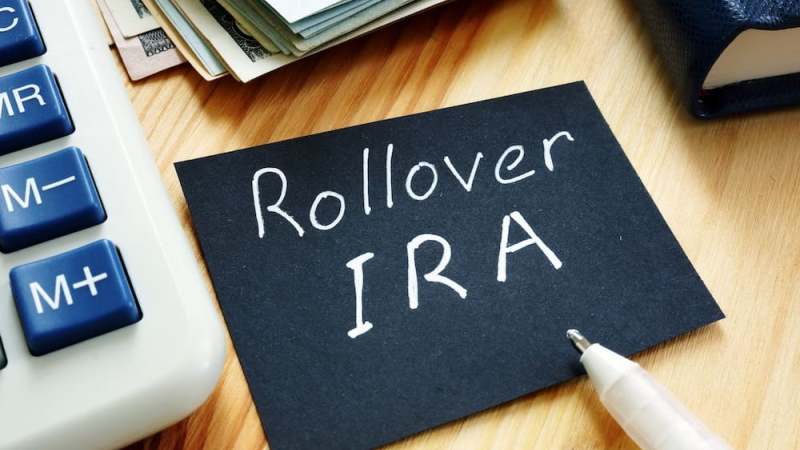IRA rollovers, conversions and transfers are often thought of as the same transactions. While they are similar, there are specific IRA rollover rules that do not apply to transfers. The term ‘conversion’ is usually only used when going from a traditional to a Roth account. There is one tax law that applies specifically to that transaction. Let’s go over that first.
Roth contributions are taxed as regular income for the year in which they are made. Since contributions to a traditional account are typically made with pre-tax dollars or are used as tax deductions, converting from a traditional to a Roth account requires that the account holder include the value of the account in their earnings for that year. In other words, the converted amount will be subject to income taxes.
IRA rollovers are reported to the IRS and may be subject to income taxes, unless the fund is re-deposited into another approved account, within a 60 day time window. Transfers are not reported to the IRS and, so, are not subject to income taxes.
Under the current IRA rollover rules, you may only take one, within any 12 month period. The number of transfers that you make is not restricted by the IRS, but custodians may charge fees for transferring assets or cash holdings.
People take IRA rollovers for a number of reasons. Often, it is a change of job that requires them to find a new custodian. Since, many of these accounts are employer-sponsored.? But, another reason to change is poor returns.
Under the IRA rollover rules, account owners are allowed to seek out more profitable investment types. The government is primarily concerned with your ability to fund your own retirement. If you want to be able to do that, you may need to consider less conventional investment types.
Under the current laws and the IRA rollover rules, retirement accounts can be invested in private or publicly trades stocks, mutual funds, which are usually a combination of stocks and money market investments, treasury notes, bonds, certificates of deposit and real estate, as well as other more risky investment types, such as foreign currency and tax liens.? The account cannot be invested in personal property, antiquities or collectibles, but most investment types are allowed.
IRA rollovers, since they require the liquidation of assets, typically leave you with a large cash balance. What should you do with it?? If you have been unhappy with your yearly returns, you may want to consider an often overlooked area of the housing market.
People need affordable housing and rental properties. Even though the market is saturated with ‘high-end’ homes, there are few houses in desirable neighborhoods that a blue-collar worker, a teacher or a nurse could afford.
It is well within the IRA rollover rules to help these people find a place to live. Many of us are using our accounts to earn high returns and make a difference in communities around the country. It’s something that those of you that are about to take IRA rollovers might want to consider. If you have a few minutes to spare, please feel free to browse through my website.

